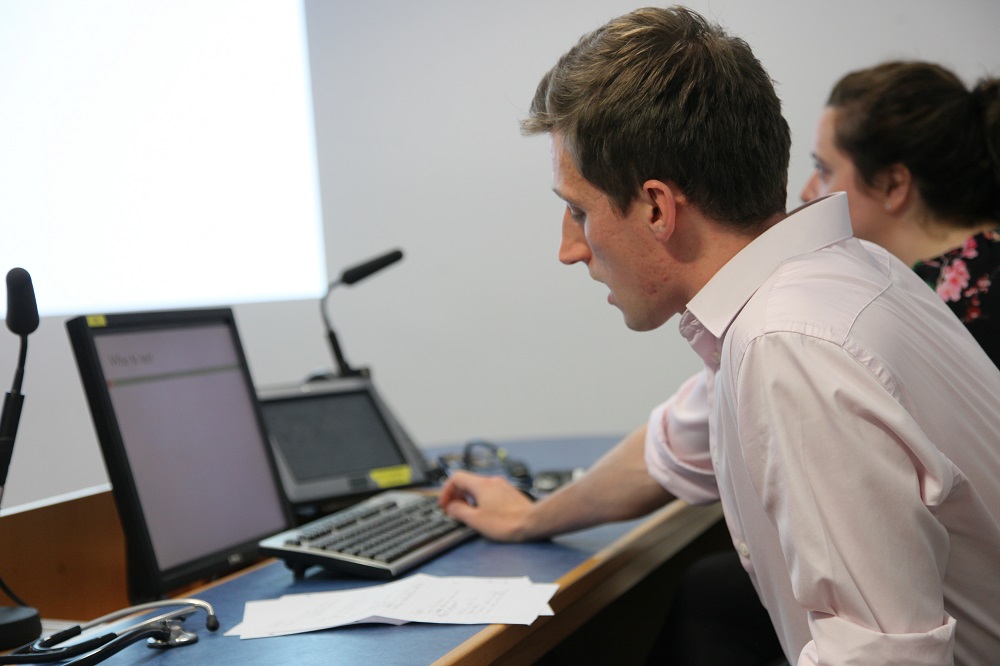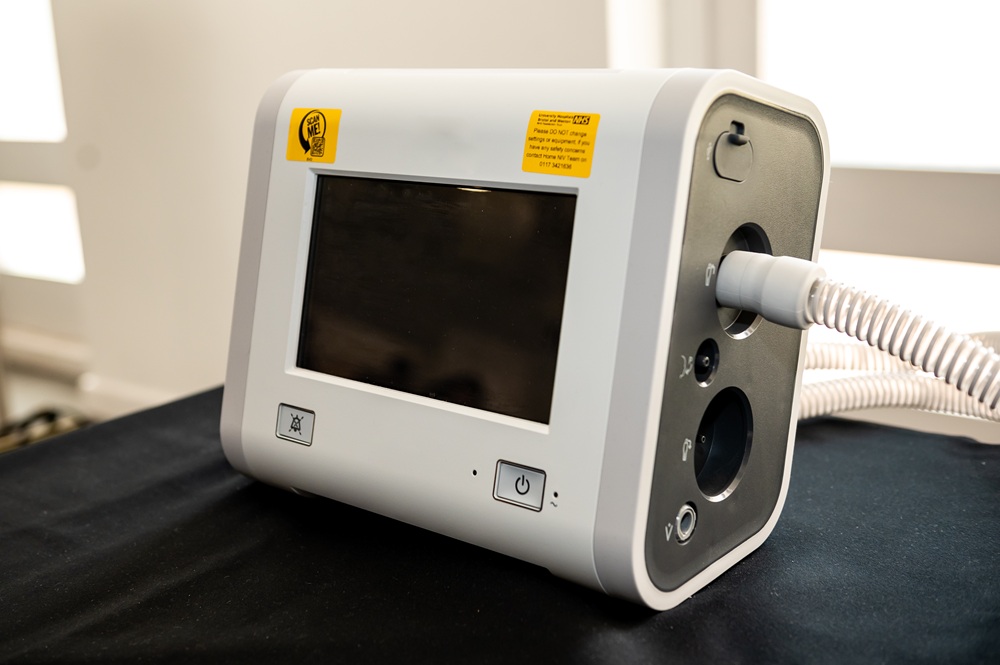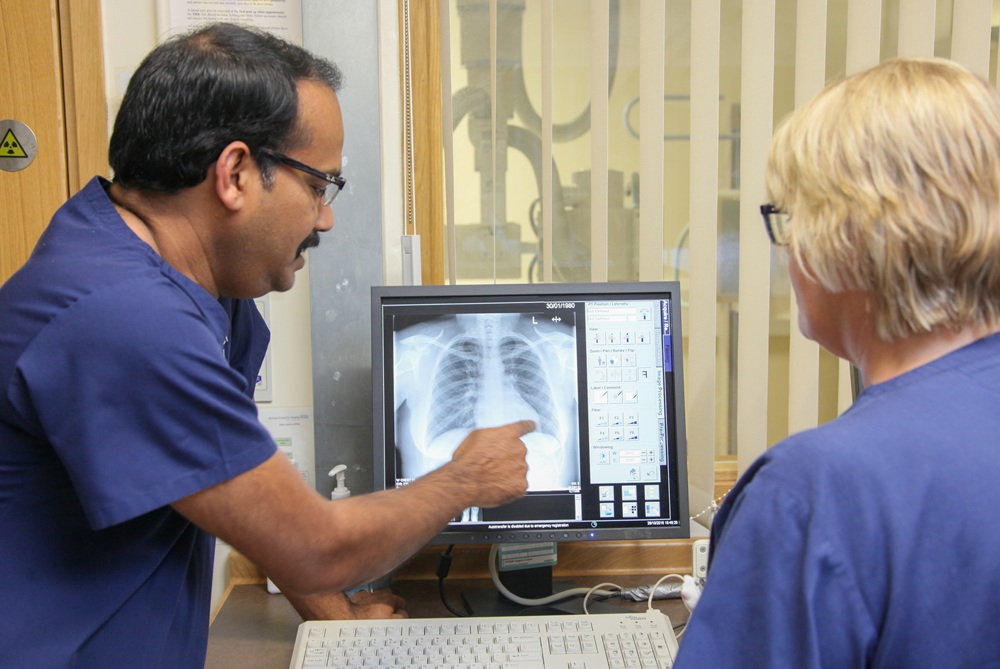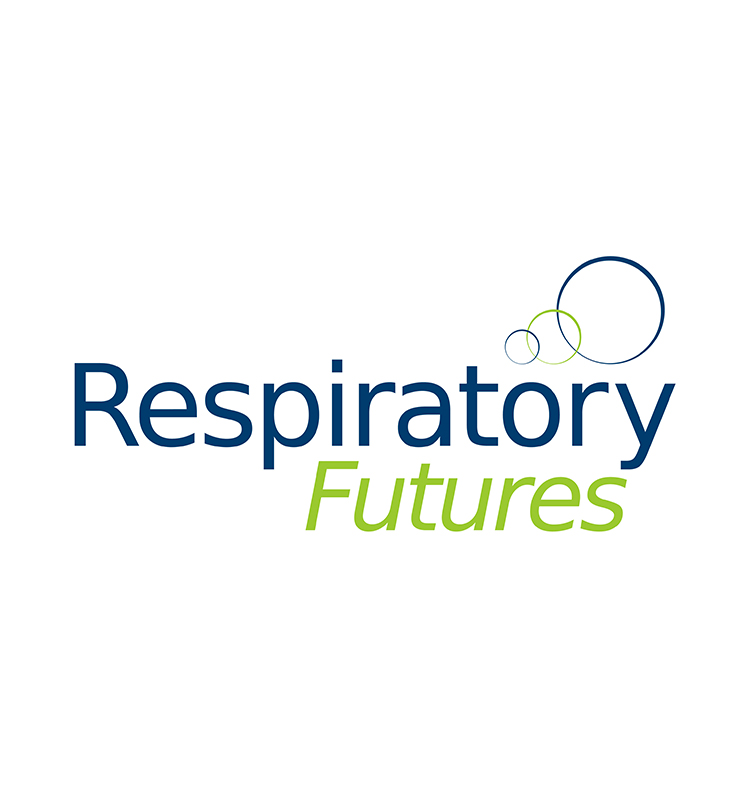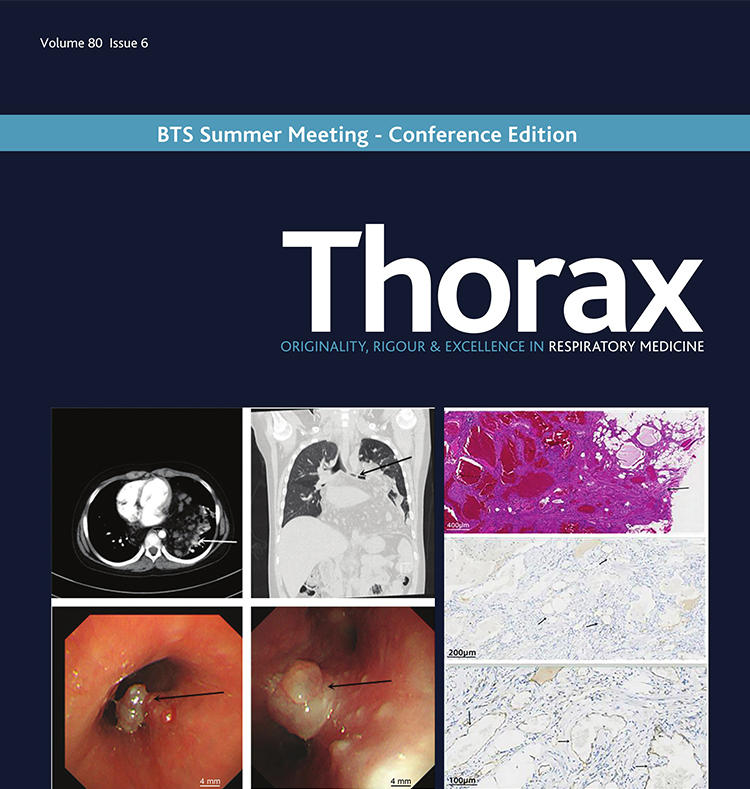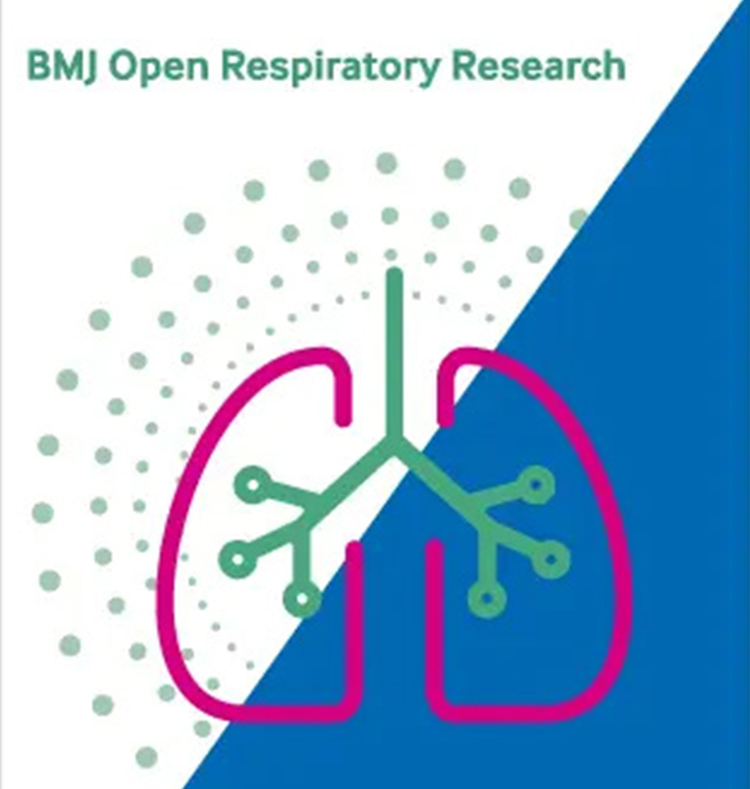Board, Council and Committees
The BTS Board is responsible for BTS strategy, developing policy with advice from the BTS Council, and overseeing and monitoring the planning and delivery of all the Society's activities. Members of the BTS Board (the Society's Trustees) include the five Honorary Officers and Chairs of our main ("Standing") Committees, plus Lay Trustees.
Our main committees develop activities in line with the BTS strategy, and their Chairs help develop and review the strategy as part of their role as trustees of the society.
Specialist Advisory Groups
Our network of advisory groups acts as our "eyes and ears" and assists by responding to national consultations, suggesting topics for conferences and short courses, and, where required, developing specific activities for the Society. The Chairs of our Specialty Trainees and Nurse Advisory Groups also serve on the BTS Council.
View the Model SAG Constitution here
How to join a BTS committee, a specialist advisory group (SAGs) or other BTS working group
Each year, members are invited to apply for vacancies on the core Committees and SAGs in June or July. Details on how to apply and submission deadline dates are given in our email newsletter, e-BTS News.
Calls for members of other working groups (for Guidelines, Clinical Statements and other projects) will be made during the course of the year and will always be advertised in e-BTS news and on the BTS website.
All positions are open to BTS members, and some groups may call for specific eligibility criteria.
View the Committee and Specialist Advisory Group FAQs
Apply for current opportunities open to members
Committees
- BTS Board
- Council
- Education and Training Committee
- Quality Improvement Committee
- Science and Research Committee
- Standards of Care Committee
- Workforce and Service Development Committee
- Nominations Committee
Advisory Groups
- Acute and Complex Pulmonary Infections SAG
- Asthma Advisory Group
- Bronchiectasis Advisory Group
- COPD Advisory Group
- Cough Advisory Group
- Critical Care, Respiratory Failure and Mechanical Ventilation Advisory Group
- Cystic Fibrosis Advisory Group
- Global Lung Health Advisory Group
- Interstitial & Rare Lung Disease Advisory Group
- Lung Cancer & Mesothelioma Advisory Group
- Nurse Specialist Advisory Group
- Occupational & Environmental Disease Advisory Group
- Pharmacist Advisory Group
- Pleural Disease Advisory Group
- Pulmonary Rehabilitation Advisory Group
- Pulmonary Embolism and other pulmonary vascular diseases Advisory Group
- Sleep Advisory Group
- Specialty Trainee Advisory Group
- Tobacco Dependency Advisory Group
- TB and NTM Advisory Group
Other Groups
- BTS Head Office Staff
- Lung Disease Registry Steering Group
- Clinical Audit Leads
- BTS/ARTP Joint Strategy Board
- MDR-TB Clinical Advice Service Steering Group
- Pulmonary Nodules Guideline Update Group
- Clinical Statement Aspergillus-related chronic pulmonary disease
- Model of Care for Complex Home Ventilation
- Pleural Procedures Training Standards Group
- Pulmonary Rehabilitation Professional Framework Group
- Quality Standard for Pleural Disease
- Target oxygen saturations in adults receiving emergency oxygen therapy
- Clinical statement on HFNO
- Sustainability Toolkit Group
| Table style example | Early bird rate |
Daily Standard rate |
|---|---|---|
|
BTS full member |
£135 | £170 |
|
BTS concessionary rate member |
£70 | £90 |
|
Non-BTS member |
£250 | £300 |
|
Non-BTS member concessionary rate |
£105 | £125 |
| Table style example | Early bird rate |
Daily Standard rate |
|---|---|---|
|
BTS full member |
£135 | £170 |
|
BTS concessionary rate member |
£70 | £90 |
|
Non-BTS member |
£250 | £300 |
|
Non-BTS member concessionary rate |
£105 | £125 |
Sub headings in a bold font and increased point size
Placeholder introduction copy: IPF is a form of lung disease that causes scarring (fibrosis) of the lungs; people living with IPF have a poor prognosis and symptoms that significantly impact their quality of life.
Since 2013, the Registry has collected real-world clinical data on over 5,000 IPF patients from 64 centres across the UK. These findings provide valuable insights into patient demographics, diagnostic trends, and treatment patterns, shaping the future of IPF care.

